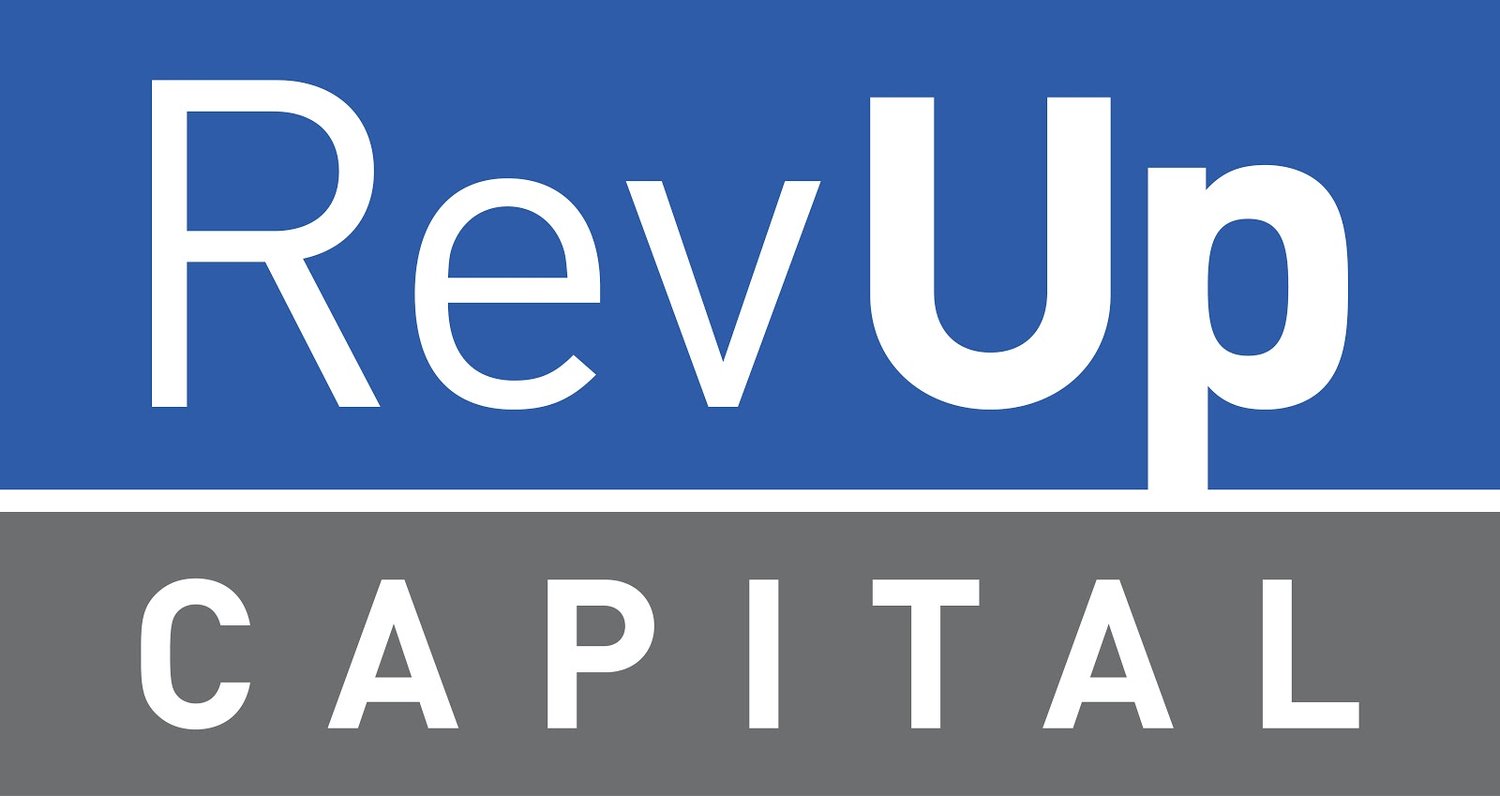Read with Melissa V4: Thinking in Bets
Read with Melissa is back, this time with Thinking in Bets by Annie Duke.
Has there ever been a better time to talk about risk, uncertainty, or what a Poker champ can teach us about better decision making? I think not.
I have been thinking a lot about risk and how my own frameworks might be holding me back from becoming a better decision maker. Thought it was a good time to dust off Annie’s book and see how you all were feeling about decision making these days.
Annie Duke is a former poker champ turned biz guru who goes deep on the upsides of thinking probabilistically and separating decision quality from outcomes. While accepting that luck plays a role in everything, Thinking in Bets is a great riff on how a “truthseeking” mindset can improve judgment when faced with incomplete information. And when was the last time any of us had “complete” information when making a decision??
If you are new to Read with Melissa, here's how it works:
Open to RevUp founders, investors, and friends of the fam
We read the book independently in October
On November 4 at 12pmEST we come together to discuss what we thought in a low key, low pressure virtual meet up
First 20 people who RSVP get an Amazon gift card to buy the book–mailing you hard copies was fun and all, but things are too hectic this fall for such shenanigans. I have evolved.
Email me with word that you want to join and I'll add you to the cal invite for our review sesh on Nov 4, as well as shoot you over a gift card.
Scholarly discourse is strictly prohibited. Read with Melissa exists for fun times, relaxed cognition, and honest camaraderie. Violators will be trolled.
Summary from the Interwebs on Thinking in Bets
In Super Bowl XLIX, Seahawks coach Pete Carroll made one of the most controversial calls in football history: With 26 seconds remaining, and trailing by four at the Patriots' one-yard line, he called for a pass instead of a hand off to his star running back. The pass was intercepted and the Seahawks lost. Critics called it the dumbest play in history. But was the call really that bad? Or did Carroll actually make a great move that was ruined by bad luck?
Even the best decision doesn't yield the best outcome every time. There's always an element of luck that you can't control, and there is always information that is hidden from view. So the key to long-term success (and avoiding worrying yourself to death) is to think in bets: How sure am I? What are the possible ways things could turn out? What decision has the highest odds of success? Did I land in the unlucky 10% on the strategy that works 90% of the time? Or is my success attributable to dumb luck rather than great decision making?
Annie Duke, a former World Series of Poker champion turned business consultant, draws on examples from business, sports, politics, and (of course) poker to share tools anyone can use to embrace uncertainty and make better decisions. For most people, it's difficult to say "I'm not sure" in a world that values and, even, rewards the appearance of certainty. But professional poker players are comfortable with the fact that great decisions don't always lead to great outcomes and bad decisions don't always lead to bad outcomes.
By shifting your thinking from a need for certainty to a goal of accurately assessing what you know and what you don't, you'll be less vulnerable to reactive emotions, knee-jerk biases, and destructive habits in your decision making. You'll become more confident, calm, compassionate and successful in the long run.path late, and they juggle many interests rather than focusing on one. They’re also more creative, more agile, and able to make connections their more specialized peers can’t see.
Provocative, rigorous, and engrossing, Range makes a compelling case for actively cultivating inefficiency. Failing a test is the best way to learn. Frequent quitters end up with the most fulfilling careers. The most impactful inventors cross domains rather than deepening their knowledge in a single area. As experts silo themselves further while computers master more of the skills once reserved for highly focused humans, people who think broadly and embrace diverse experiences and perspectives will increasingly thrive.
— — —
More About RevUp Capital
RevUp Capital invests in B2B and B2C companies that are revenue-driven and ready to double down on growth. We deploy cash and capacity to help companies grow from $1-3M to $10-30M, quickly and efficiently, using a revenue-based model. Companies enter our portfolio with $500K-$3M in revenue, a strong growth rate, and a team that’s ready to scale. Our typical investment range is $300K-$500K.
To learn more about RevUp and our most recent fund, visit https://www.revupfund.com/blog/athena-growth-fund-2025
And if the idea of expanding the toolkit for early stage investing sounds good to you, check out a recent recording that Melissa produced on the economic upsides of investing beyond unicorns.
Learn More at www.revupfund.com
